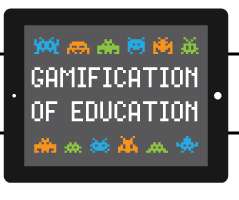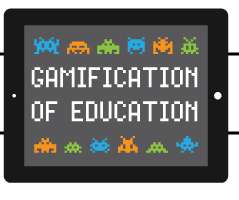Ed Tech Vocab: Keeping Up with Trends in Education
eSpark
APRIL 7, 2022
Gamification , one of the biggest trends in education, is the process of making learning more fun and engaging for students by reorienting lessons to feel more like games. MOOC refers to a massive online open course, a type of distance learning. This means that the course takes place online, is free, and anyone can participate.
















Let's personalize your content